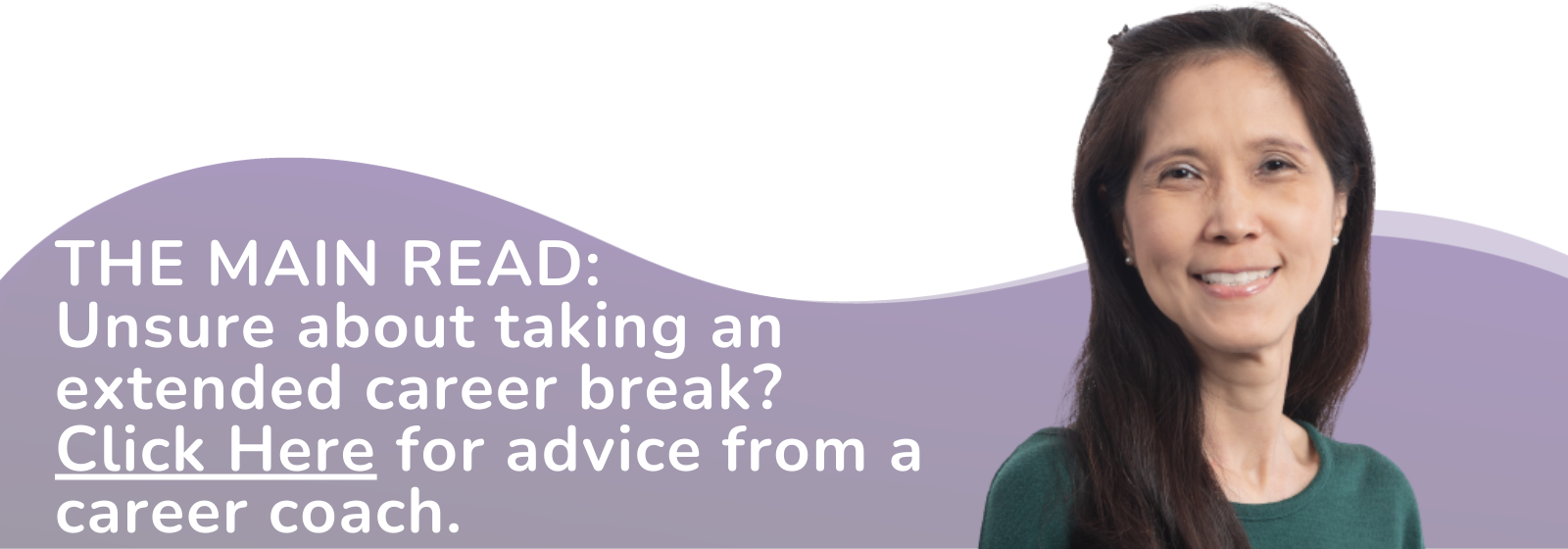Process, and don’t just push away the pain
Whether your career break is voluntary or involuntary, there might be some grief involved. Whatever that pain feels like, take time to process it. Take time to write, ideally with pen and paper, your responses to these 3 questions:
- What happened?
- How do I feel about it?
- Why do I feel this way?
As Dr Henry Cloud argues, emotions are meant to be metabolised, and not just locked away. This act of writing can help you ‘metabolise’ your grief so that it’s released, and not kept within.
In his book ‘Emotional First Aid’, Dr Guy Winch also shares about how people often personalise rejections such as retrenchment, asking themselves questions such as ‘What went wrong?’
This can make you fiercely self-critical or disillusioned with employers, which could leave you stumbling at your next job interview.
To cope with these emotions, follow this exercise from Guy Winch.
1. List (in writing) any negative or self-critical thoughts you have about the rejection.
2. Formulate counterpoints to each of the self-criticisms you listed.
For example:
| Self-criticism | Counterpoints |
| I am useless and good for nothing. | I just wasn’t in the right role that used my strengths. |
| I am always rejected. | I just haven’t found the right fit yet. |
| I am not good enough. | I am great when I use my strengths, such as speaking and writing. |
3. Whenever you have self-critical thoughts, make sure to immediately articulate the relevant counterargument(s) fully and clearly in your mind.
These methods do more than just process your pain – they also enable you to look beneath the ordeal to see who you really are, beyond your career.
Focus on your personhood, rather than your performance
In defining personhood, the important question is: Who are you without your job?
Often, our identities can be so tied up in our job roles that we feel lost when those roles disappear, but we forget that they are not one and the same.
You may do the job of an analyst, but you are more than just that. You’re also a parent, child, and volunteer.
As famed management guru Peter Drucker once shared in his famous Harvard Business Review article on “Managing Oneself”:
“One should spend as little effort as possible on improving areas of low competence. It takes far more energy and work to improve from incompetence to mediocrity than it takes to improve from first-rate performance to excellence.”
We often focus on our weaknesses because they are easy to spot. We think that if we could eliminate these weaknesses, we would be ready to succeed.
Instead, finding out your true strengths through tests such as the Gallup StrengthsFinder may better help in building a foundation of capabilities, rather than flaws.
Take time to try this exercise: Write down the qualities you see as great in yourself, and how you’ve shown them in the past. Take time to celebrate yourself, so you can keep going.
Place yourself not just inside your home, but outside
Instead of being cooped up at home, heading outside can clear your head, and even bring more discipline to your job search.
You may argue, “But won’t I be wasting my money on bus fare?” But if that $3 you spend daily on the commute can help you to be more structured, it’s money well spent.
Sitting at home might fill you with all manner of distractions. Sit down and apply for a job, and you might find yourself suddenly remembering to take out the trash or clean the house.
Take the example of John Lim, who, in his 21 months without a job, went daily to the LLIbrary at the Lifelong Learning Institute, which opens from 8.30 am to 10 pm. It gave him the structure to build up two media sites, Save The Social Worker and Live Young and Well, which draws more than 16,000 readers every month.
You will get there
You grow through what you go through. Remember that you do a job, but you’re not just your job. You’re more than that. A career break may just help you better understand what you’re great at, and what you’re not.
This article is contributed by Live Young and Well.















